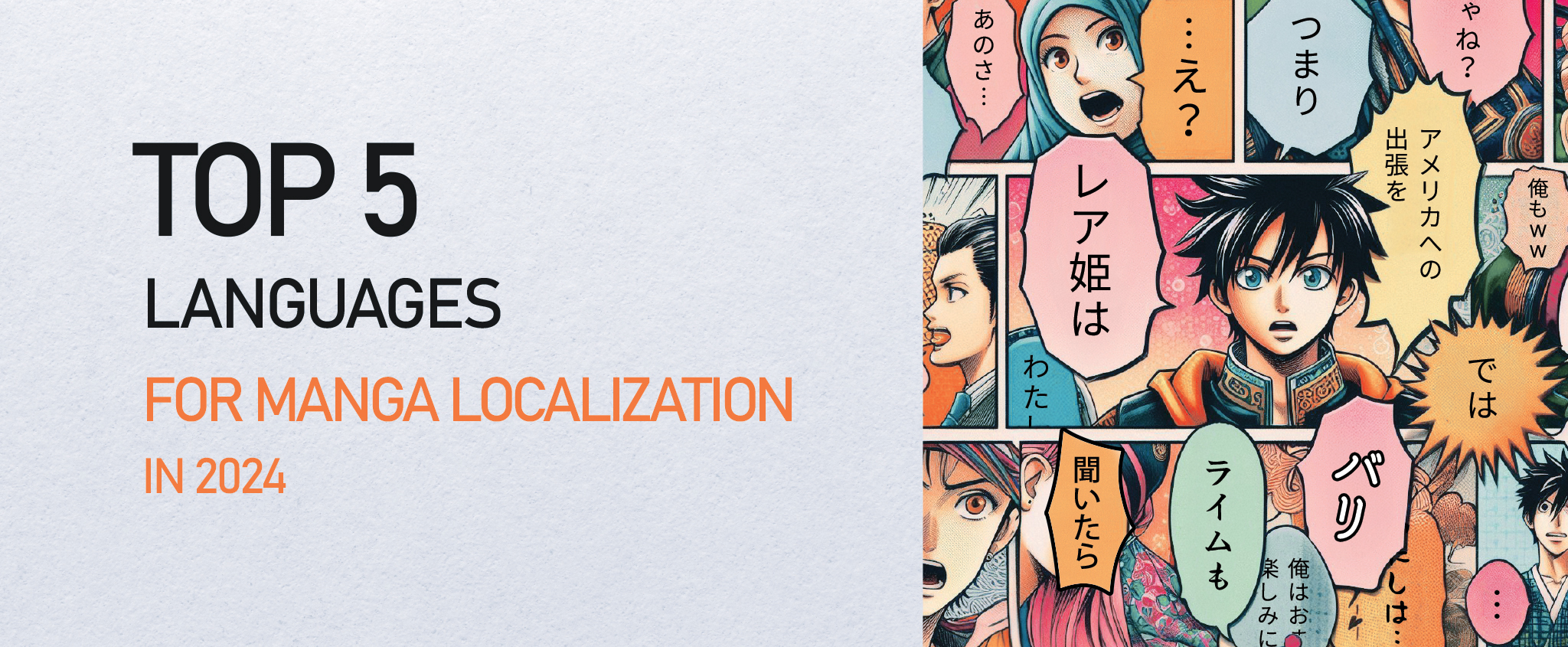5 Benefits of Using Chinese Business Translation
China, the Red Dragon, has been one of the most monitored economies in the world. With a population of approximately 1,452,311,109, it’s no wonder many investors from across the globe are eager to do business with Chinese businesses and organizations. But with many dialects in the Asian country, it can be challenging to establish trust and effective communication with your Chinese business counterparts. Without Chinese business translation, you wouldn’t be able to thrive in the Chinese market.
Regardless of language, doing business requires understanding critical business documents such as contracts, agreements, and proposals. The language barrier can be a major obstacle for non-native Chinese speakers who want to do business in China because Chinese is a different ball game. If you’re eyeing the Chinese market for your business, let’s help you understand why business translation services in Chinese should be your top priority.
Key takeaways:
- Mandarin Chinese is the second most spoken language worldwide.
- There are more than 300 living languages in China.
- Many industries in China, including real estate, online shopping, and online gaming, are continuously growing.
- Chinese business translation allows businesses to understand critical business documents, communicate effectively with Chinese counterparts, and thrive in the Chinese market.
- Chinese document translation is critical, especially for foreign-owned businesses. Understanding the business language and culture builds trust within the market, allowing for long-term success.
- English to Chinese translation services, and other language pairs, require expertise and an in-depth understanding of the target language culture to produce excellent results. It’s best to rely on professional business translation services in Chinese for accurate and high-quality translation output.
Table of Contents:
- The Chinese Language
- Doing Business in Chinese
- The Importance of Accuracy in Chinese Business Translation
- The Benefits of Hiring a Professional Chinese Translator
- CCCI – Professional Chinese Business Translation Agency
The Chinese Language
Mandarin Chinese is the second most spoken language globally, with about 1.4 billion native speakers worldwide. It’s the oldest written language, with at least 6,000 years of history. Any language expert will tell you that Chinese isn’t just one language but a group of languages. Some of the dialects are so different that they’re mutually unintelligible. Mandarin, Wu, Yue, and Min are the most popular Chinese dialects.
Note: There are 302 individual living languages in China, with Mandarin or Putonghua as the official state language. Yue is also known as Cantonese, and Xiang as Hunanese.
The Chinese language is often considered one of the most difficult languages to learn for English speakers. The grammar is completely different from what you’re used to, and there are no alphabetical letters. Aside from that, the written language has more than 50,000 characters, and you need to know at least 3,500 to be considered literate.
Doing Business in Chinese
Online shopping is one of the biggest industries by revenue in China. Businesspersons can also explore real estate development and management, software development, and engineering services. If you look at the fastest-growing industries, there are cafes and bars, couriers, and online games. Doing business in the country means various opportunities that even small businesses can take advantage of.
However, as mentioned above, the language barrier can be a hurdle, especially when establishing trust and effective communication. Without business translation services in Chinese, there’s no way to learn about your Chinese business partners and what they’re offering.
The Importance of Accuracy in Chinese Business Translation
Going back to the Chinese language, let’s identify some of its differences from English. Apart from English having the alphabet while Chinese has the Hanzi (漢字), there are also the following:
- Tones: Chinese is a tonal language, meaning how you say a word can change its meaning.
- Sentence Length: In Chinese, a sentence can be as short as one character. Whereas in English, the shortest complete sentence is about five words long.
- Grammar: English and Chinese follow different grammatical structures, making inaccurately-translated Chinese sentences sound strange to English speakers.
As a businessperson, you’re not here to learn the Chinese language. You’re here to do business, so you must trust accurate Chinese business translations. However, you must also ensure that it’s not just any translation. You need one that’s accurate and error-free because the slightest mistake can result in costly consequences. When you opt for accurate business translation services, you can rest assured that:
All Essential Information is Correctly Translated
A single Chinese character can have multiple meanings, and so can a phrase. A translator must be able to identify the correct meaning and convey it in the target language. The translator must also know how to use the right tone to interpret the message correctly.
The Final Output Sounds Natural and Fluent in Both Chinese and English
Aside from being accurate, the translated text should also sound natural. It shouldn’t be a direct word-for-word translation because that would make it sound choppy and difficult to read. The translator must also have a good grasp of both Chinese and English grammar so that the translated text follows the proper grammatical structure of the target language.
Pro Tip
Pro Tip
Trust only the experts when it comes to Chinese document translation. Document translations are crucial in business because they contain everything you need to know about the other party, including the terms and conditions of your business agreement.
The Document Adheres to the Required Chinese Business Etiquette
The translator must be familiar with Chinese business etiquette when translating business documents. This way, you can ensure that the translated document sounds polite and respectful. Establishing trust and developing relationships are essential in business. The translator must be able to capture that in the translated document.
There’s No Room for AmbiguityYour Content Goes Here
There’s no room for ambiguity in business. A good translator must be able to avoid ambiguous words and phrases and use ones that are clear and concise. When you know what you want to say and can say it clearly, you’re one step closer to achieving your business goals.
The Benefits of Hiring a Professional Chinese Translator
English to Chinese translation services, or any other language pair, requires professional translators. Translating is not just about looking for an equivalent word in the target language. It’s about understanding the culture, the context, and the message that needs to be conveyed. When it comes to business, it’s also about understanding Chinese business etiquette.
For any Chinese business translation, hiring a professional Chinese translator provides the following five benefits:
1. Accurate and High-Quality Output
When hiring a professional translator, you can be confident that the final output will be accurate and high-quality. A good translator will translate the words correctly and consider the proper context and tone.
2. Time and Money-Saving
You might think you can save money by translating the documents yourself or having a non-professional translator do it. However, the reality is that you’ll just end up spending more time and money to fix the errors. Because a professional Chinese translator provides accurate and high-quality translations, you can save time and money in the long run.
3. Efficient and Fast DeliveryYour Content Goes Here
When it comes to business, time is of the essence. That’s why you need a professional translator who can deliver the translated document on time. Professional translators have the skills and experience to work quickly and efficiently. They can also meet tight deadlines without compromising the quality of their work.
4. Improved Communications
When you hire a professional Chinese translator, you can guarantee that the final output will help improve communication between you and your Chinese business partners. A good translation will accurately convey the message you want to communicate and help develop a good relationship with the other party.
5. Peace of Mind
When you work with a professional translator, you can have peace of mind knowing that your documents are in good hands. You can be confident that you can say what you want without any mistakes. A professional translator ensures that your documents are free of any ambiguity.
Hiring a professional translator is the best way to go. And if you’re wondering where to find one, look no further than CCCI!
CCCI – Professional Chinese Business Translation Agency
Chinese is a whole language that has a unique set of characters, dialects, and compounds. It’s not just a simple translation of words from one language to another. And when you include business in the equation, the task becomes even more challenging.
CCCI offers professional Chinese business translation services that promise the accuracy, high quality, and efficiency. We have a team of experienced translators who are experts in various industries, ready to provide you with the best possible output to bring your business to the Chinese market.
CCCI understands the role of business documents in developing relationships and ensuring smooth communications. We also know how important it is to maintain the confidentiality of your business information. That’s why we guarantee your documents are handled with care and discretion.
If you’re looking for a reliable business translation agency, CCCI is your best bet. Contact us today!
Your Content Goes Here






